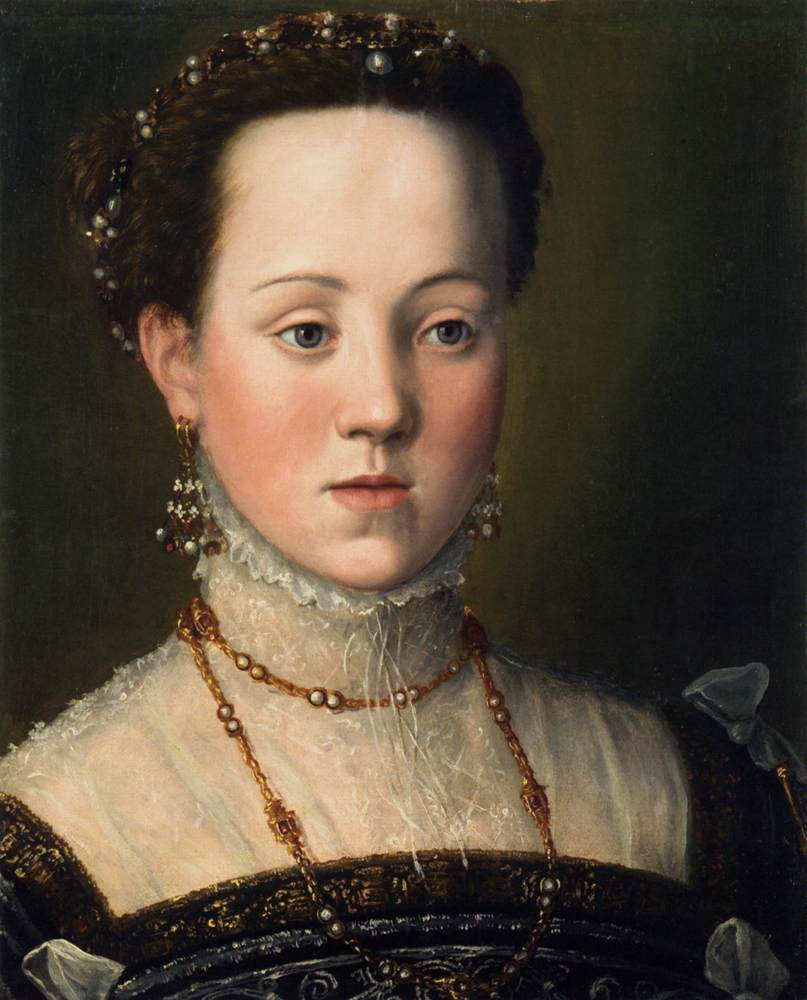Description
The painting Archduchess Anna, Daughter of Emperor Maximilian II is a masterpiece by the Italian artist Giuseppe Arcimboldo that presents a unique composition and a very particular artistic style. This work, which measures 42 x 34 cm, represents the daughter of Emperor Maximilian II of Austria, Archduchess Anna, in an image that is a combination of plant and animal elements.
The technique used by Arcimboldo in this painting is known as "composite head", in which the elements that make up the image are arranged in such a way as to form a human head. In the case of Archduchess Anna, Daughter of Emperor Maximilian II, Arcimboldo uses a variety of fruits, flowers, leaves, and animals to create the image of the Archduchess.
The coloring of the work is another interesting aspect, since Arcimboldo uses a wide range of tones to represent the different elements that make up the image. From the reddish tones of the fruits to the greens of the leaves and the browns of the animals, the work is a display of bright and striking colours.
The story behind the painting is also fascinating. Archduchess Anne was known for her love of nature and animals, and Arcimboldo is said to have created this work as a tribute to her passion. The work was painted in 1562, when Arcimboldo was working as court painter to Emperor Maximilian II.
Despite the fact that the work is widely known, there are some little-known aspects that make it even more interesting. For example, the painting is said to have been part of a series of royal family portraits that Arcimboldo created during his time at court. In addition, it is believed that the work was inspired by the medieval tradition of representing kings and nobles surrounded by natural elements and animals.
In conclusion, the painting Archduchess Anna, Daughter of Emperor Maximilian II is a fascinating work of art that combines the composite head technique with a wide range of colors and an interesting history. The work is an example of Giuseppe Arcimboldo's talent and creativity and remains one of the most popular works of his career.

